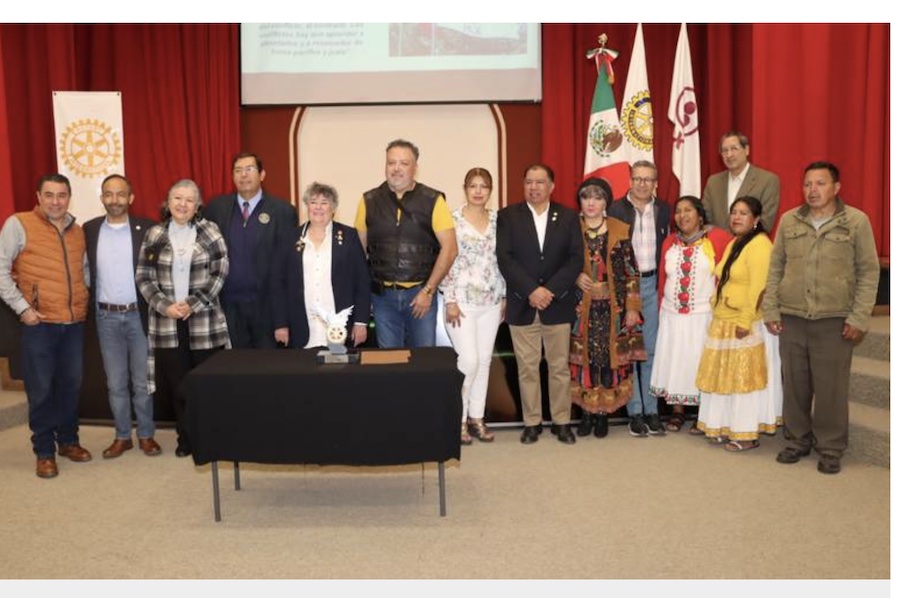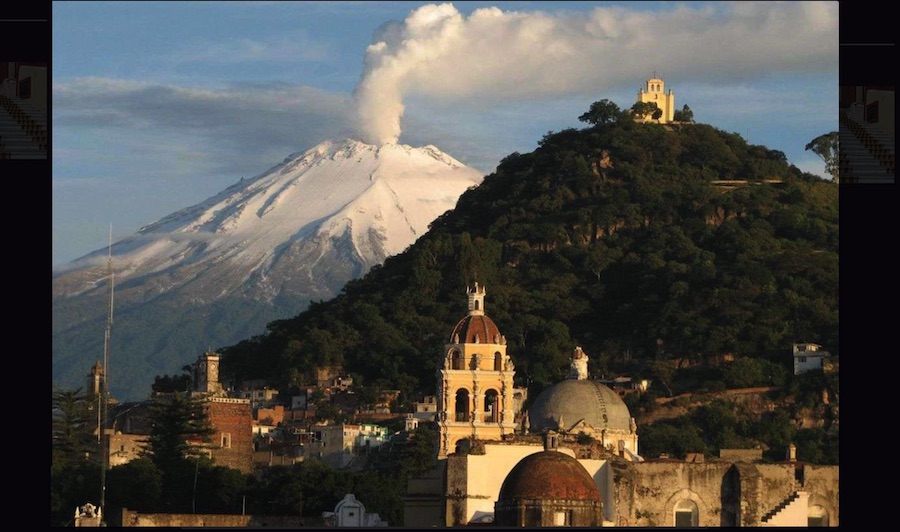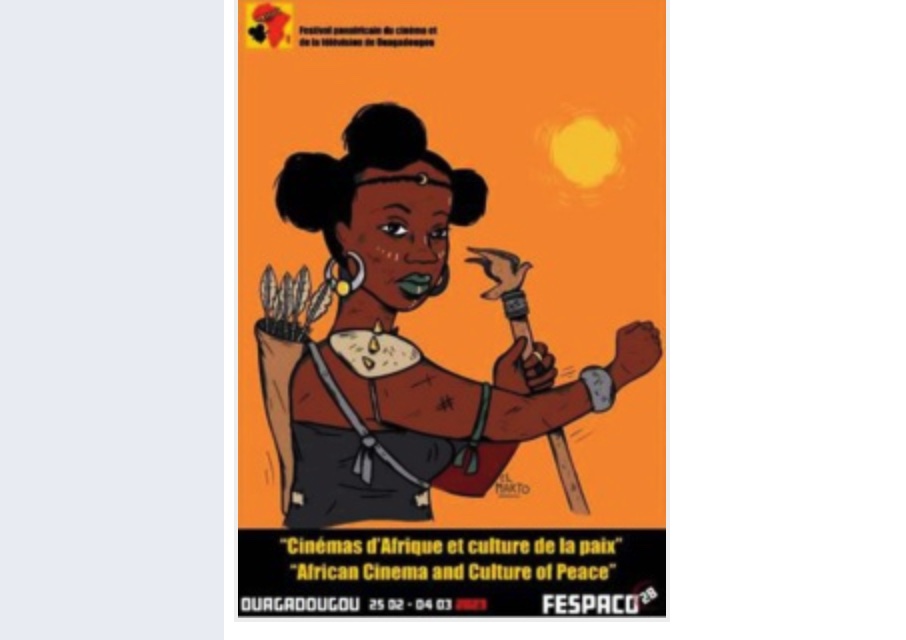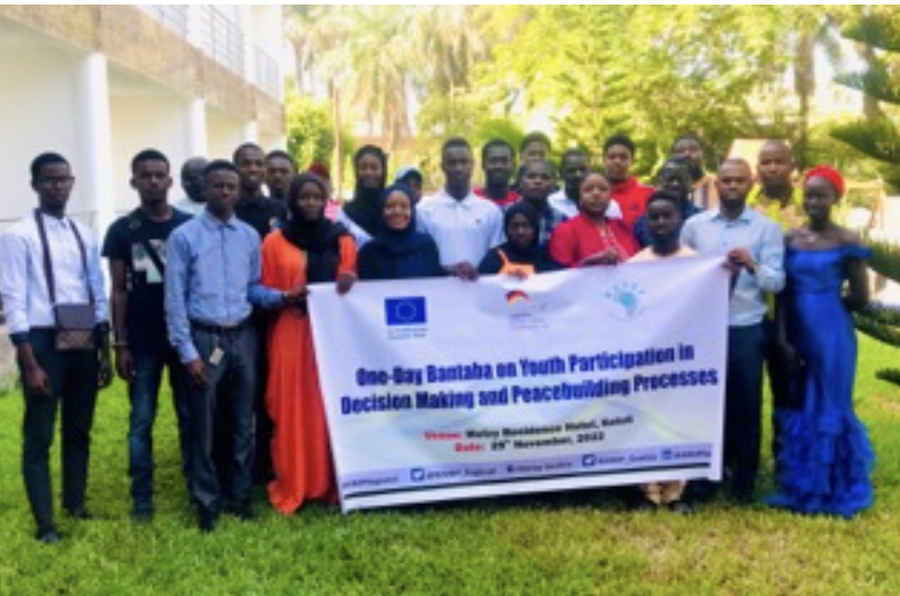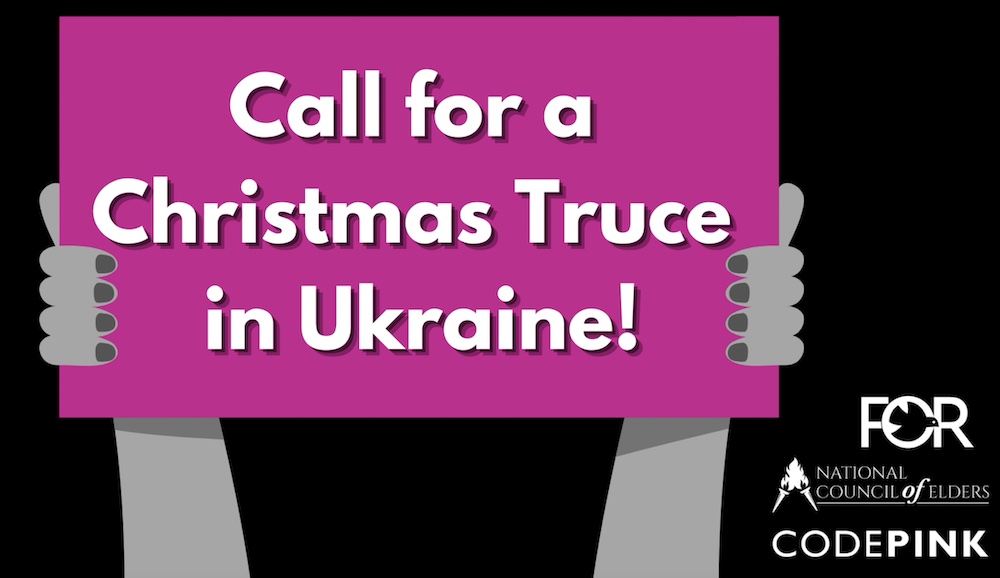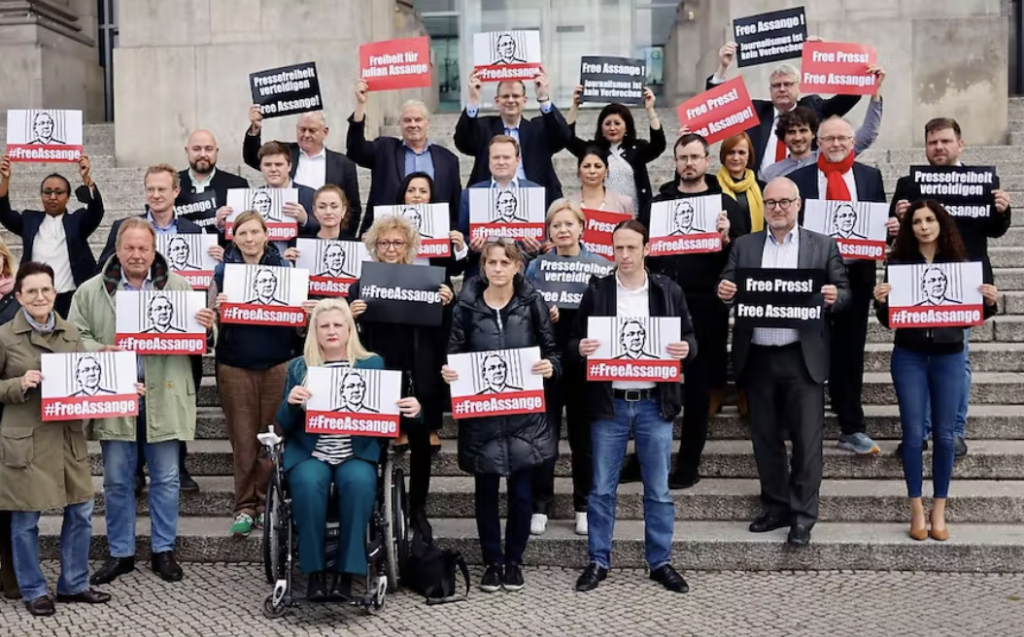. . HUMAN RIGHTS . .
An article by Jessica Corbett in Common Dreams
Pentagon Papers whistleblower Daniel Ellsberg on Tuesday dared U.S. prosecutors to come after him like they have Julian Assange by revealing in a BBC News interview that the WikiLeaks publisher sent him a backup of leaked materials from former military analyst Chelsea Manning.
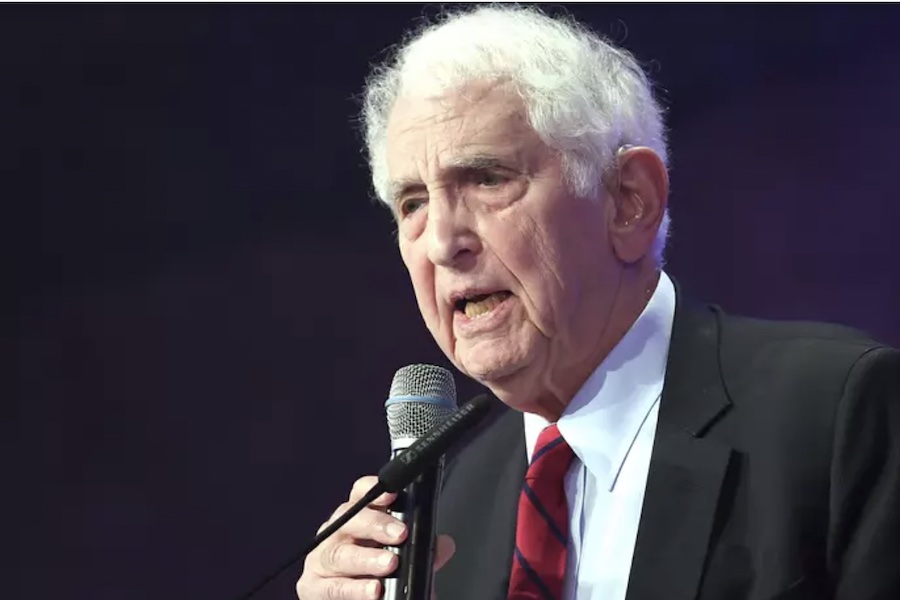
“Let me tell you a secret. I had possession of all the Chelsea Manning information before it came out in the press,” Ellsberg said to BBC’s Stephen Sackur in the on-camera interview. “I’ve never said that publicly.”
Assange had sent him the materials—which include evidence of U.S. war crimes—in case “they caught him and they got everything,” the 91-year-old explained. “He could rely on me to find some way to get it out.”
Australian-born Assange is currently detained in London and fighting in British and European courts against his extradition to the United States, where he could spend the rest of his life in prison if convicted under Espionage Act charges.
Inviting action by the U.S. Department of Justice (DOJ), Ellsberg said that “I am now as indictable as Julian Assange and as everyone who put that information out—the papers, everybody who handled it.”
(Article continued in the column on the right)
Is Internet freedom a basic human right?
Julian Assange, Is he a hero for the culture of peace?
Free flow of information, How is it important for a culture of peace?
(Article continued from the column on the left)
“Yes, I had copies of it and I did not give them to an authorized person. So, if they want to indict me for that, I will be interested to argue that one in the courts—whether that law is constitutional,” he continued, referring to the Espionage Act.
Highlighting that the highest U.S. court has never held that it is constitutional to use the Espionage Act as if it were a British Official Secrets Act, Ellsberg said that “I’d be happy to take that one to the Supreme Court.”
The Espionage Act, “used against whistleblowers, is unconstitutional,” he asserted. “It’s a clear violation of the First Amendment.”
Ellsberg’s public confession comes after editors and publishers at five major media outlets that collaborated with WikiLeaks in 2010 for articles based on diplomatic cables from Manning released a letter late last month arguing that “it is time for the U.S. government to end its prosecution of Julian Assange for publishing secrets.”
“This indictment sets a dangerous precedent, and threatens to undermine America’s First Amendment and the freedom of the press,” the letter states. “Obtaining and disclosing sensitive information when necessary in the public interest is a core part of the daily work of journalists. If that work is criminalized, our public discourse and our democracies are made significantly weaker.”
The new Ellsberg interview also follows the European Court of Human Rights (ECHR) confirming earlier this month that 51-year-old Assange has asked the tribunal to block his extradition to the United States.
Assange’s brother Gabriel Shipton told Reuters last week that “I would imagine the U.S. wants to avoid” a case going before the ECHR for “trying to extradite a publisher from Europe for publishing U.S. war revelations when the U.S. is asking Europe to make all sort of sacrifices for the war in Ukraine.”

